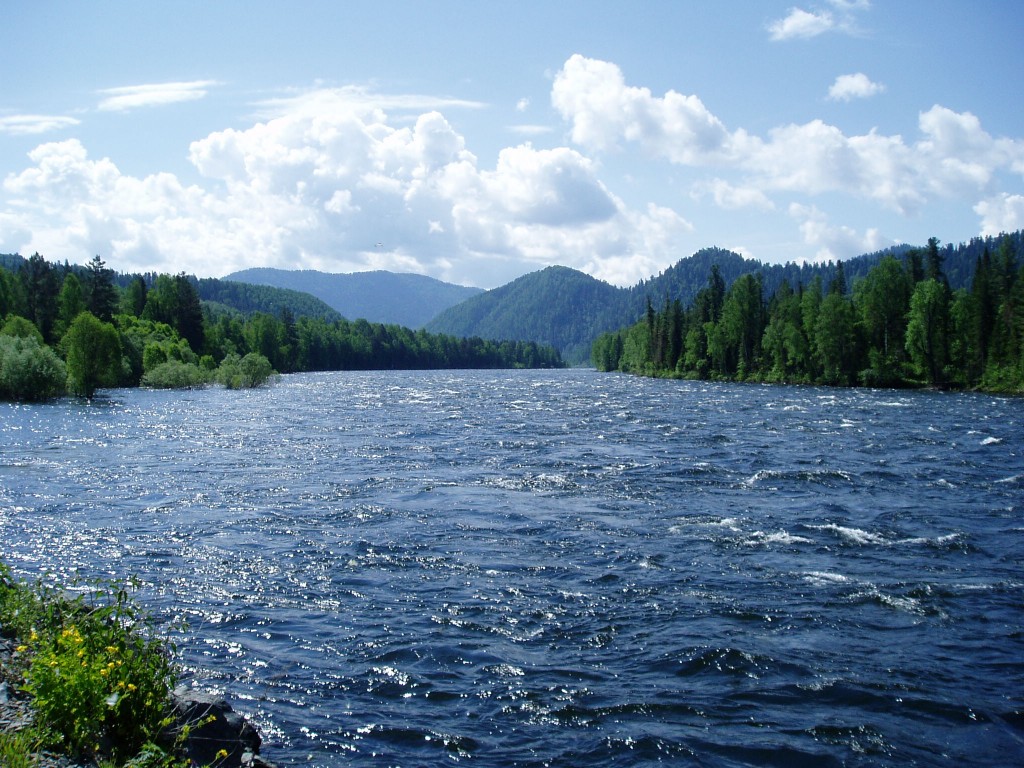According to the United Nations, in the past ten years, water use has grown at over twice the rate of the population increase. People say population increase is out of control, so just imagine how much water is being used across the globe.

Iran
Reasons for water crisis in Iran include spiralling population, over exploitation of groundwater and general waste of water.
-
On average, approximately 66 gallons of water are used per day.
-
Lake Urmia is now a mere 5% of what it was 20 years ago
-
According to the World Resources Institute report 2013, Iran is the 24th most ‘water-stressed’ country in the world
Egypt
The water crisis in Egypt is caused by poor water management and climate change, in a country where water was already scarce.
-
Population in water poverty means less than 1000 cubic meters per capita share of water
-
It’s predicted that water supply could run dry by 2025
Ethiopia
The water crisis in Ethiopia is very severe.
-
Almost half the population doesn’t have access to safe drinking water
-
Three in every four people don’t have access to proper sanitation
-
This causes more than 33,000 children to die from diarrhoea every year
South Africa
The water crisis is the primary cause of violent disputes and protests that have fatal consequences for many in South Africa.
-
The country may face serious water shortages by 2020
-
Water requirements are likely to double in next thirty years
-
There is a lot of pressure on freshwater supply due to the increasing population and growing economy
Australia
In Western Australia, there’s only one-sixth of the water in the reservoirs from rain compared with 15 years ago. This just shows how bad the water crisis is and how quickly it is growing.
-
Turning to desalination to serve state capital Perth, which is very expensive
-
Starting to treat wastewater and inject it into aquifers
-
WA residents becoming more clued up about not wasting water
Niger
The water crisis in Niger is now being addressed as violence has diminished.
-
Over 15 million people do not have access to proper sanitation, around 8.2 million people do not have good access to clean water
-
Causes 12,000 children to die from illnesses such as typhoid and diarrhoea each year
-
Food and water poverty heightened by many years of conflict and severe drought
Turkmenistan
To combat water crisis, an artificial lake is being built at Garashor. This will collect and purify drainage water and sewage for re-use.
-
Turkmenistan is situated in a water scarce part of the world
-
The country is likely to see serious water shortage by 2020
-
More than half country is desert
Pakistan
Pakistan is one of the most ‘water-stressed’ countries in the world.
-
The country has a rapidly increasing population, which does not help the situation
-
Often not enough water made available to cater for water requirement of main crops
-
Only enough emergency supplies on reserve for 30 days. The recommended number of days for country with similar climate is 1,000
Morocco
Water quality monitoring has shown that water quality is becoming progressively worse, because of untreated waste contamination.
-
There are limited renewable water resources
-
Dams are becoming blocked or filled with silt.
-
80% of water consumption is agriculture
-
Estimated that in urban areas 35% of water is lost due to poor pipe work
India
The water crisis has been building for years in India, and it’s likely to come to a head very soon.
-
Severe depletion of groundwater
-
World Bank estimates that groundwater supplies will reach critical condition within twenty years
-
‘Water-stressed’ nation – population increase from 1.03 billion in 2001 to 1.21 billion in 2011
China
At the beginning of the 20th century there were 50,000 rivers in China, more than half have since disappeared.
-
Ecological challenges are caused by economic growth
-
110 cities in China facing serious water scarcity
Are you doing anything to help prevent the water crises? Are you or your workplace measuring wastewater? Let us know in the comments below.
